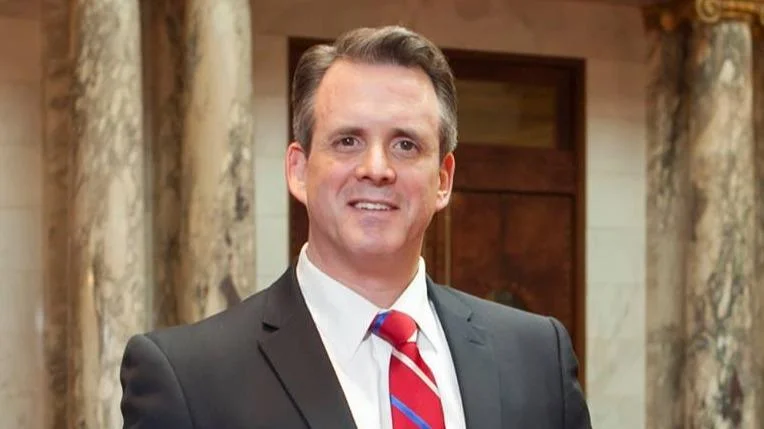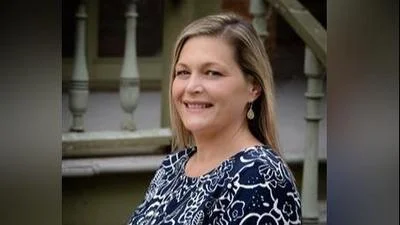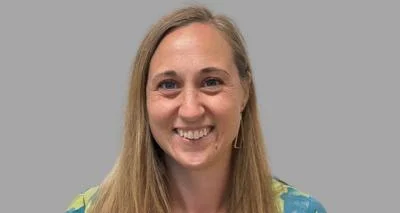David Steffen, Wisconsin State Representative for 4th District | www.facebook.com
David Steffen, Wisconsin State Representative for 4th District | www.facebook.com
According to the Wisconsin State Legislature's official website, the bill was described as follows: "venue for actions in which there is a governmental party".
The following is our breakdown, based on the actual bill text, and may include interpretation to clarify its provisions.
In essence, this bill allows for random venue assignment in legal actions involving a governmental entity filed in counties that house a first or second class city. The bill permits any party to the action, including an intervenor, to request a random venue assignment by filing a notice within five days of service or filing of the motion to intervene. The clerk of the circuit court is tasked with selecting a new venue at random, excluding the original filing location, and communicating this to relevant parties. Once a venue is randomly assigned, no further venue changes can be initiated by involved parties or the court. The bill defines a governmental party as various specified state and federal officials and agencies. The effective procedures aim to distribute cases more equitably across circuit courts.
The bill was co-authored by Senator Jesse L. James (Republican-23rd District), Representative David Armstrong (Republican-67th District), Representative Barbara Dittrich (Republican-99th District), Representative Joy L. Goeben (Republican-5th District), and Representative Rick Gundrum (Republican-58th District). It was co-sponsored by Senator Steve L. Nass (Republican-11th District), Senator Cory Tomczyk (Republican-29th District), and Senator Van H. Wanggaard (Republican-21st District), along with three other co-sponsors.
David Steffen has co-authored or authored another 15 bills since the beginning of the 2025 session, with none of them being enacted.
Steffen graduated from the University of Wisconsin-Madison in 1995 with a BA.
Steffen, a Republican, was elected to the Wisconsin State Assembly in 2015 to represent the state's 4th Assembly district, replacing previous state representative Chad Weininger.
In Wisconsin, the legislative process starts when a senator, constituent, group, or agency proposes an idea for a bill. After drafting, the bill is introduced, numbered, and referred to a committee for review and public input. If approved, it moves through three readings and votes in both the Senate and Assembly. Once both chambers pass the same version, the bill goes to the governor, who can sign it, veto it, or let it become law without a signature. Only a small share of bills introduced each session ultimately become law. You can learn more about the Wisconsin legislative process here.
| Bill Number | Date Introduced | Short Description |
|---|---|---|
| AB67 | 02/24/2025 | Venue for actions in which there is a governmental party |
| AB46 | 02/17/2025 | Flags flown at state and local government buildings and eliminating a related administrative rule |
| AB35 | 02/17/2025 | Withdrawal of candidacy for certain offices filled at the general election and providing a penalty. (FE) |






 Alerts Sign-up
Alerts Sign-up